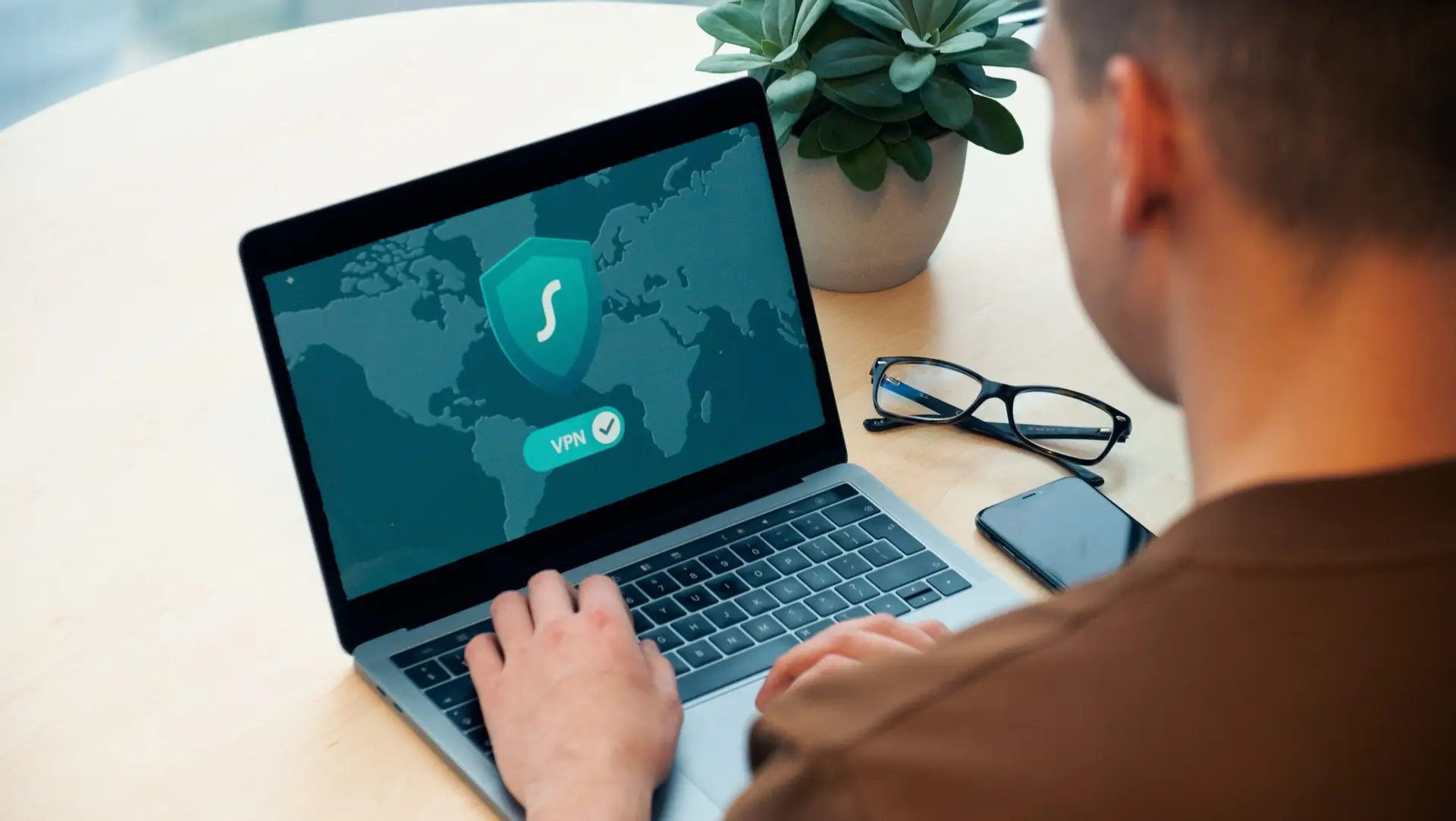These cybersecurity tips could save you time, headaches, and money.
In today’s age, cybersecurity is of the utmost importance. As we spend more time online and creating digital profiles, we are also sharing increasing amounts of personal data. If this information were to get into unscrupulous hands, then private and financial details could be jeopardised. Therefore, it is crucial for both businesses and individuals to protect sensitive data.
Why is Cybersecurity Important?
Following tech news, you will have realised the recent importance of privacy and cybersecurity. Companies such as Google and Facebook have made headlines because of their practices concerning data privacy. The way organisations deal with data is important, yet there have been countless data breaches in the past year.
Once your personal data has been breached in a hack, your private information is no longer safe. This means that hackers could potentially access sensitive data like your Social Security number or banking information. And one of the most common outcomes of these kinds of breaches is identity theft.
However, businesses experience other consequences when they are subject to a data breach. They can lose revenue or have to pay for increased legal, PR, or insurance costs. Intellectual property may be compromised as well as damaging the overall reputation of the brand name.
Everyone, from individuals to business leaders, needs to be vigilant about safeguarding data. Fortunately, better cybersecurity habits can come indirectly from personal practices. So how do you make sure your information is secure and doesn’t fall into the wrong hands?
12 Simple Cybersecurity Tips
Here are 12 easy cybersecurity tips for keeping your personal information secure. Don’t forget to share these tips with your employees. That way you can help protect your organisation too.
1. Be Wary of Links and Attachments
One of the most common ways for hackers to gain access to your system is through malicious links and email attachments. These often appear in the form of password recovery emails, invoices, fake security warnings and many more.
They can look like they come from a legitimate source, but when you click on them, they install malware or viruses onto your computer. This gives attackers remote access to your system and allows them to steal sensitive data.
By being aware of the links in your emails, you can keep yourself safe from possible threats. If something looks odd, don’t take the risk by clicking on it – instead, go straight to the official website.
2. Social Media Awareness
Although social media is an excellent way to communicate with those you love, take care about what aspects of your life you make public. By merely taking a look at someone’s social media profile, criminals and hackers can discern a great deal of private information about that person.
Just as you would be hesitant to share every detail of your life with a total stranger, use the same discretion when sharing online.
3. Password Variety
While it may be tempting to use the same password for all your accounts to make things simpler, it’s not the most secure option. The best solution is to create different passwords for each site and account. That way, even if one of your companies gets hacked, those stolen credentials won’t work on other sites. Now you might be thinking that there’s no way you could remember so many passwords, but don’t worry- we’ll get to that in the next tip.
4. Password Managers
A password manager is a software or program that keeps all your passwords in one place. You have one “master key” password to unlock access to these passwords. With a password manager, you won’t have to worry about remembering each of your passwords. It will also keep you from having to write passwords down (which you should never do!)
5. Multi-Factor Authentication (MFA)
Multi-factor authentication adds an extra layer of security to your account by requiring more than one method of authentication to verify a user’s identity for login. Without MFA, a user can access their account with only a username and password.
MFA is when, for example, a user logs in to a website and must enter an extra one-time password. This type of password is usually sent to the user’s email or phone.
6. Avoid Sites You Don’t Know
Although it’s now easy to share links with the rise of social media, be careful when clicking on them. Some sites host harmful “drive-by download attacks” that can put your information at risk.
Drive-by download attacks are when users’ computers become infected without them even clicking on anything. Just by visiting a site, the malicious code can be passed on. So, it’s much safer to stick with well-established sites that you’re familiar with. Although these sites could still potentially be hacked, it’s less probable.
7. Don’t Save Card Details
A lot of websites allow you to save your credit card information to make future buying faster and easier. Don’t do it. Breaches happen all the time. There’s nothing to steal if your credit card isn’t saved on the site. It may seem like a hassle, but we promise that it’s not as bad as having your information stolen.
8. Avoid Using Debit Cards
An additional tip for online security is to beware of how you’re making payments. Debit cards are the least safe option since they offer hackers a direct path to your bank account funds.
Credit card companies typically have insurance against fraudulent charges, so using credit cards or an intermediary like PayPal can give you some peace of mind and extra protection.
9. Always Updates Your Systems
Updating your software, operating system, and browser on a regular basis is crucial for maintaining online security. If you have a firewall in place, make sure that the software and firmware are also up to date. The longer a system goes without updates, the more time hackers have to find vulnerabilities. By keeping everything updated, you can help prevent malware or hackers from taking advantage of security weaknesses.
10. Limit Your Downloads
One of the most common ways hackers access your computer is through downloads. To protect yourself, it’s important to limit the number of downloads you make and only download software or browser extensions that are absolutely necessary. In an organisation, employees should always get authorization before downloading anything from the internet.
11. Anti-Virus Software
There are hordes of ways your data can be taken advantage of, such as viruses, spyware, malware, and phishing attacks. Having anti-virus software installed on all devices used to access the internet helps fight against these malicious acts. Set a regular schedule to check that the software is active and updated regularly; this will make it more difficult for digital security threats to go undetected.
12. Always Be Suspicious
Many things online are secure however, it’s always better to be cautious. Be conscious of the links you click, the software you download, and the sites you visit. Maintaining a level of healthy paranoia towards email, social media, and the internet can help prevent any potential issues.
Being Cyber-Secure
Use these tips to browse, shop, and enjoy the internet while feeling secure about your digital security. If you want more information on how to protect your personal data or business from threats, we offer a free cybersecurity course that covers the best practices. You’ll learn everything from penetration testing to spam filtering so that you can protect your business from common cyber threats.
So what are you waiting for? Start implementing these cybersecurity tips today and reach out to the team at Stephensons IT Support Solutions if you’re looking for IT Support in Yorkshire.

